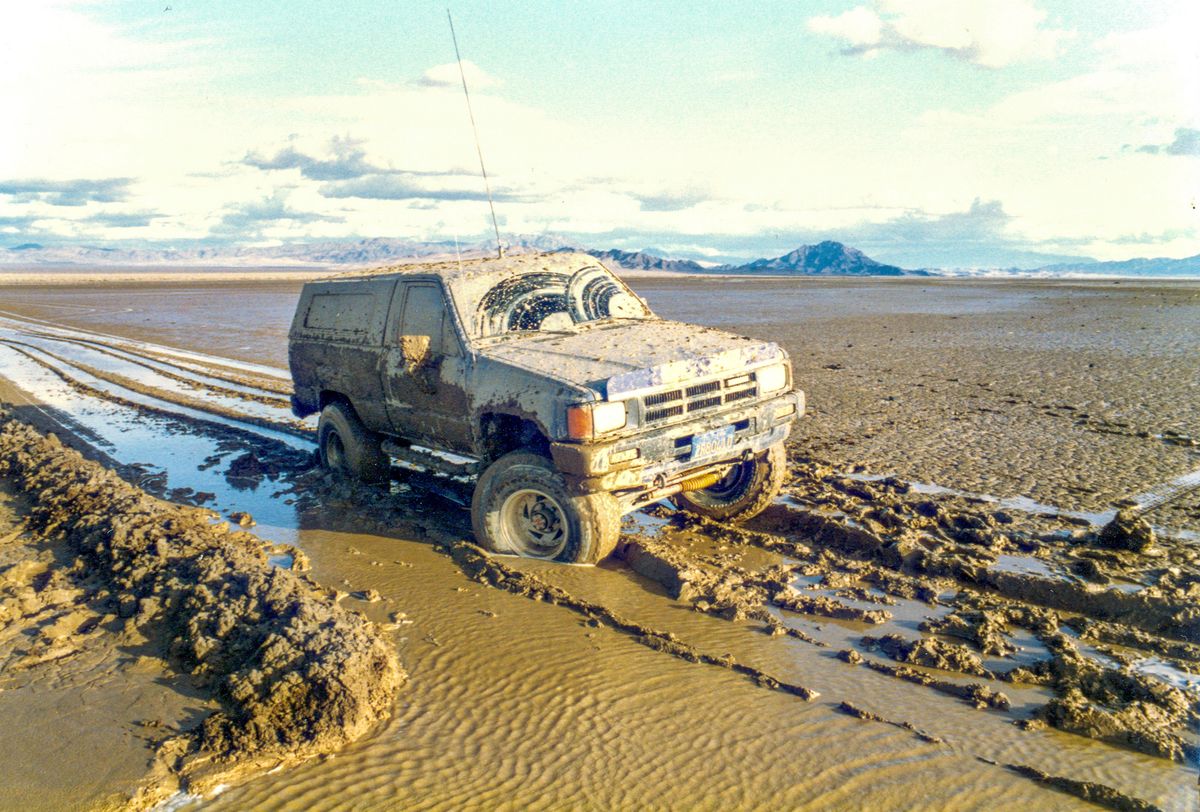Backcountry Safety

Much of the western US is still an untamed wilderness, so you should plan ahead and be prepared when traveling in remote backcountry.
Planning and Preparation
- Check weather forecasts before heading out and be prepared for quickly changing conditions.
- Always tell someone where you're going and when you'll be back.
- Avoid traveling alone. Bring another vehicle, if possible.
- You and your companions should try to be as self-reliant as possible.
Water and Hydration
- Carry sufficient water. There are often no reliable water sources in the backcountry. One gallon (4 liters) of water per person per day is a good guideline.
Navigation and Communication
- Carry a GPS device, compass, and paper map of the area. Paper maps and a compass are important backups, even if you're carrying a GPS, in case of battery/device failure.
- Cell phone service is spotty and unreliable in the backcountry. Consider carrying a satellite messenger, satellite phone, or a Personal Locator Beacon for emergencies. Satellite phones and messengers, like the Garmin InReach, have the advantage of two-way communication, which can be life-saving in an emergency. Most successful rescues take a few hours, and a search can take days. You want to give yourself as many opportunities as possible to be found.
Vehicle Preparedness
- Ensure your vehicle has a full-sized spare tire, jack, lug wrench, shovel, tow strap, traction board, and basic tools.
- Always park vehicles fully off the road to avoid blocking emergency vehicles and other traffic.
- If your vehicle breaks down, stay with it for a better chance of rescue. Bring extra food, water, light sources, clothing, and a blanket in case of an extended stay.
Safety Gear and First Aid
- Carry a well-stocked first-aid kit and know basic first aid.
- Wear proper clothing and gear, including warm layers, rain gear, and sturdy footwear.
Backcountry Travel
- When traveling on backcountry routes, always exercise caution. Always scout the route on foot if you're unsure of road conditions.
- Never drive where you cannot see. Be prepared to turn around when necessary.
- Be self-reliant. Backcountry ranger patrols are infrequent.
The wilderness can be a wild and untamed place. You are responsible for knowing where you are going and recognizing what you are getting into. Some sites are inherently unstable and unsafe. Always approach them with caution. Do not put yourself or others at risk. Be prepared, be cautious, and stay safe.
There are still wild places out there. Get out and explore them!
Some links are Amazon affiliate links. Purchases through these links support this site at no extra cost to you.